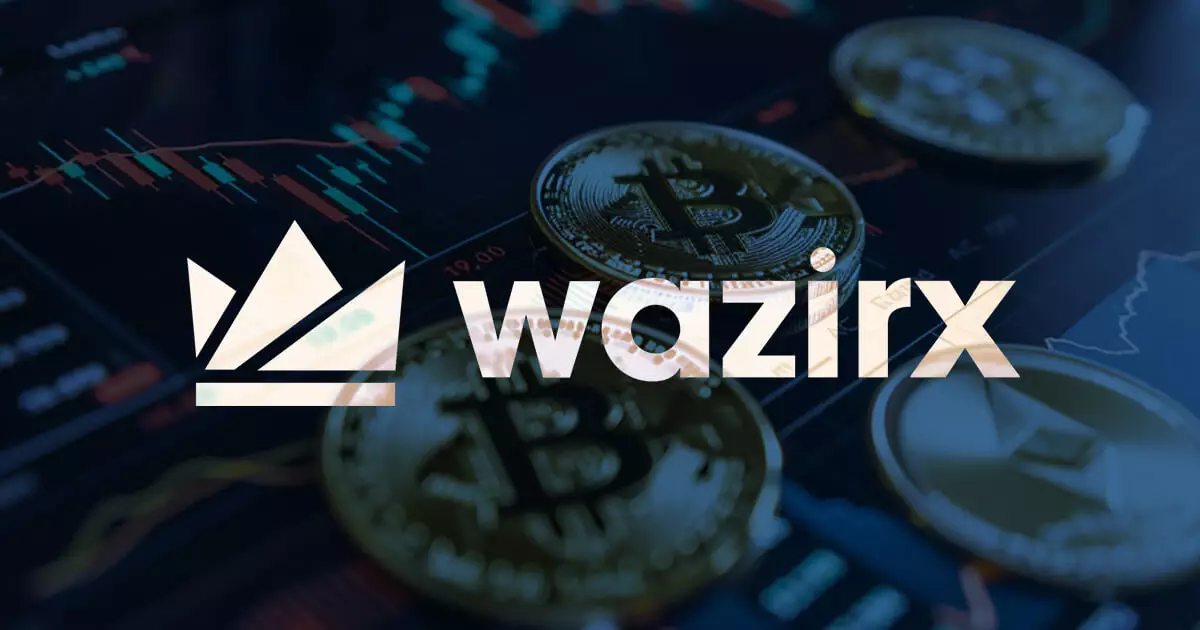In July 2024, WazirX, one of India’s leading cryptocurrency exchanges, found itself at the center of a significant cybersecurity incident, when hackers successfully stole $235 million. This breach not only raised alarms within the realm of cryptocurrency but also highlighted the vulnerabilities that centralized exchanges face in ensuring the safety of users’ assets. The breach, attributed to the infamous Lazarus Group, exploited weaknesses in WazirX’s multi-signature wallet, allowing the attackers to funnel the stolen assets through Tornado Cash. This incident, noted as one of the largest in the history of Indian cryptocurrency dealings, affected a vast number of users and cast a shadow of mistrust over centralized trading platforms.
In the wake of this incident, many users were left feeling vulnerable and concerned about the safety of their assets. Traditional cybersecurity protocols appeared insufficient against increasingly sophisticated cybercriminal tactics. The implications of such a breach reached beyond immediate financial loss; it undermined users’ confidence and opened discussions about the inherent risks associated with centralized exchanges.
To address the fallout from the breach, WazirX implemented an emergency recovery plan that provoked mixed reactions. In a controversial move, the platform froze 45% of users’ account balances, converting the fiat to USDT. This strategy, intended to mitigate the immediate losses from the hack, was met with backlash from the community. Users complained that the exchange was unfairly placing the financial burden of the breach onto them, coining the term “socializing losses.” This uproar laid bare the fragility of trust users placed in centralized platforms and raised critical questions regarding accountability during crises.
In response to community pressure and dissatisfaction, WazirX reversed its decision in August, restoring accounts to their original balance before the breach and nullifying trades executed post-incident. This about-turn aimed to demonstrate a commitment to user fairness and transparency but left lingering doubts and frustrations regarding the initial handling of the crisis. The situation revealed a deeper systemic weakness in the centralized exchange model, where user trust can be easily eroded.
To navigate the turbulent waters stirred by the breach and subsequent backlash, WazirX announced its plan to launch a decentralized exchange (DEX). Co-founder Nischal Shetty emphasized that this new platform would allow users to maintain full control over their assets, thereby reducing counterparty risk. The DEX aims to empower users within a more secure framework, contrasting starkly with the traditional centralized structure that has shown itself to be susceptible to breaches.
The DEX is poised for a phased rollout in early 2025 and will introduce its own token. This token will serve dual purposes: covering transaction fees and facilitating community governance. This model aims to foster a sense of ownership and engagement among users, building a community-driven approach toward the platform’s functionality. Experts in the industry observe this shift toward decentralization as a potentially pivotal moment, indicating a broader trend where exchanges may reevaluate their operations in favor of decentralized models, particularly as users seek greater security.
The WazirX incident serves as a critical case study for the cryptocurrency community and underscores the pressing need for better security protocols in exchanges. The deep-seated user mistrust generated from centralized exchanges’ responses to security breaches may lead to draw towards decentralized alternatives, which promise transparency and user empowerment.
As WazirX embarks on this new journey towards decentralization, the road ahead will likely be fraught with challenges but also ripe with opportunities. How effectively the exchange implements its DEX and regains user trust will be pivotal not only for its future but also for setting a precedent in the cryptocurrency landscape. By embracing decentralization, WazirX aims to not just protect users’ assets but to reshape its reputation, potentially paving the way for other exchanges facing similar security dilemmas. In a rapidly evolving digital economy, the exchange’s adaptability to user demands for security and transparency may well define its success in the coming years.


Leave a Reply